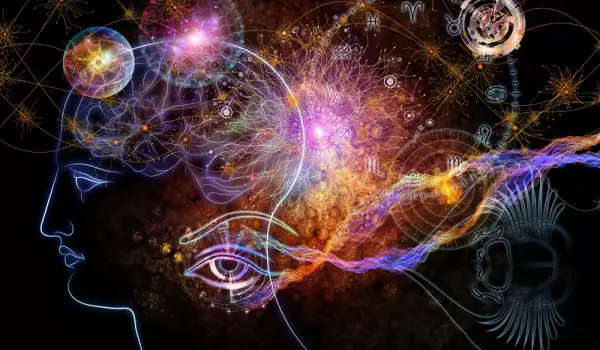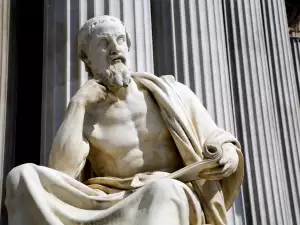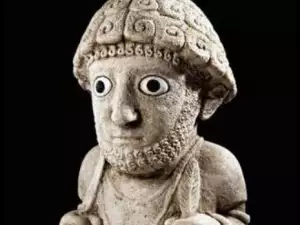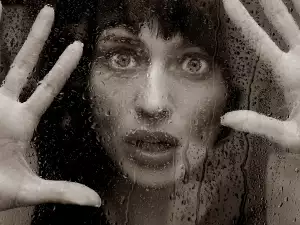Sometimes, when we find ourselves needing to recall certain facts, our memory can begin playing tricks on us. A new study has found that half of the people on Earth have a tendency to remember facts and events which have never actually happened to them.
Researchers from the University of Warwick have observed that if individuals are repeatedly told made-up events that have to do with their lives, about 50% of them will begin to believe in these stories and decide that they really did happen to them.
These finds place further doubts as to the reliability of eyewitness accounts used in courts of law. The research also sheds light on how people develop erroneous beliefs.
As part of their scientific investigation, the experts analyzed different stories told by people who were planted false memories and believed them to be their own.
More than 400 individuals took part in 8 studies and were asked to come up with a selection of false events - such as riding in a hot air balloon, playing tricks on their teacher when they were young and causing chaos at a family wedding. Meta-analysis of the results indicated that about 50% of the persons believed, to a certain degree, that they did in fact experience these made-up events.
About 30% of the believers took these implanted memories to heart and even added their own details, while also including life events that they really did experience.
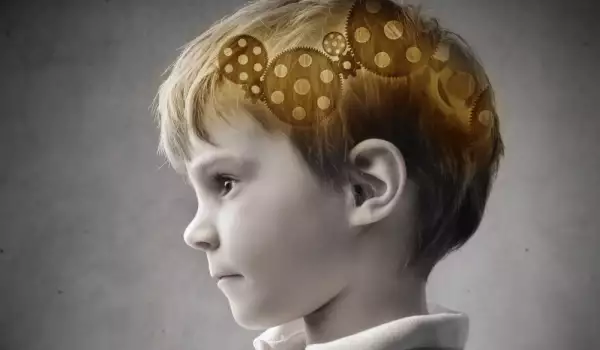
The remaining 20% believed these false memories with a certain dose of skepticism, although in their case the repetition of false events continued for days.
We now know that there are many factors that affect the creation of false beliefs and memories. When a person truly wishes for something and constantly imagines it, at some point they begin to accept it as truth.
"We're familiar with this phenomenon but still do not fully understand all of the factors that lead to its occurrence, " says head of the study Dr. Kimberley Wade.
